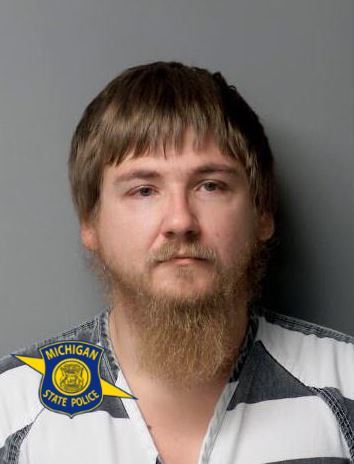
Doctors and patients have new rules to follow when it comes to opioids.
The United States is dealing with the opioid epidemic with new law changes that affect both patients and doctors.
Nurse Practitioner Amy Tittle, with outlines the new responsibilities in patient care:
“Over the last 20, 30 years prescribers have been over prescribing opioids and it’s led to a lot of misuse, abuse of these medications,” Tittle says. “Because of this, the United States Department of Human Services has recognized that this has become an epidemic with opioids prescriptions, so they’ve taken a stance that they want to address this. So Michigan has adopted some new opioid laws for patients to kind of warn them of the potential risks of that.”
The 2017-2018 Strategy
Patient education
- Doctors are required to inform patients that the prescribed opioids are highly addictive and there is a risk of abuse or overdose.
- Disposal of unused medications can be done at local police departments and select pharmacies.
- These medications are not to be shared or redistributed.
- Pregnant women have additional risks when taking opioids.
- Patients have an increased danger if they have a substance abuse disorder like alcohol.
- Opioids should not be mixed with alcohol and other drugs that depress the central nervous system like muscle relaxants.
Procedure changes
- Patients have to understand the risks and sign a consent form.
- Patients cannot receive prescriptions from multiple providers.
- Acute pain can only be prescribed seven days worth of opioid medications.
Laws going into effect in 2019
- Prescribers have to have a “bona fide” relationship with the patient.
- The prescriber must have reviewed patient’s medical history, assessed patient, and completed a medical evaluation of the patient.
- The prescriber has to have maintained medical records on patient and provide follow up care to monitor the prescription’s effectiveness.
For more health information, contact for neurosurgery, neurology and interventional pain management.
Northern Michigan: 989-701-2538
Upper Peninsula: 906-253-1341
Southeast Michigan: 248-792-6527

© 2023 - 910 Media Group

